Decriminalise hard drugs, Labor MP Alicia Payne says
Federal MP Alicia Payne argues a softening of the law should be implemented as a ‘health based, harm minimisation approach’.
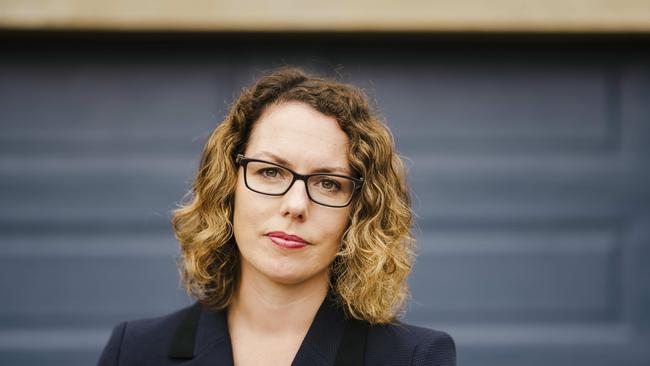
Federal Labor MP Alicia Payne has backed decriminalisation of hard drugs in the ACT, including ice, heroin, speed, cocaine and ecstasy, arguing that a softening of the law should be implemented as a “health-based, harm-minimisation approach”.
Ms Payne, who represents the seat of Canberra, told The Australian on Tuesday that decriminalisation was an “important tool in our battle against the damaging effects of illicit drugs”.
“The evidence shows that criminal penalties for possessing small amounts of drugs do not stop people using drugs, and can actually destroy lives and make it harder for people to seek the help they need,” she said.
“So yes, I do support decriminalisation as a health-based, harm-minimisation approach and an important tool in our battle against the damaging effects of illicit drugs.”
Anthony Albanese has adopted no position on the decriminalisation of drugs since he became leader of the Labor Party, and has declined to comment or distance himself from his MP’s statements.
Ms Payne was responding to the push in the ACT Legislative Assembly to decriminalise carrying a small amount of hard drugs – classified as “personal possession” – as well as the successful decriminalisation in the nation’s capital of the growth and consumption of cannabis in 2020.
The Coalition has hitched its re-election strategy to its hardline record on national security and border control, and has portrayed Labor as “weak” on crime, border security and foreign affairs.
Home Affairs Minister Karen Andrews told The Australian Ms Payne’s comments showed Labor was not to “be trusted” in keeping the community safe. She said the Morrison government would never support laws that “devastate” the community, and warned the decriminalisation of drugs would only benefit “violent criminal offenders”.
“Every dollar spent on illegal drugs facilitates a chain of criminality and violence, spreading misery in peoples’ lives,” she said.
“Only violent criminal offenders and organised crime groups benefit from legalising drugs. No matter the quantity, drugs contribute to and increase the severity of violence against women and children.”
In a recent submission to the ACT Legislative Assembly’s select committee examining decriminalisation of drugs, ACT Policing cautioned that the bill’s “personal possession amounts” across the drug types appeared to be “inconsistent”.
Under the bill’s proposed drug amount limits, people would be able to carry up to 20 doses of ice, and up to eight doses of heroin.
“For instance, 2g of heroin could be approximately eight does; 2g of methylamphetamine (ice) could be approximately 20 doses; 0.5g of MDMA could be less or more than one dose depending on purity,” the submission reads.
Ms Andrews said the limits proposed in the ACT gave the green light to “drug trafficking”.
“To suggest a drug trafficker with 20 doses of ice should be let off with a $100 fine is not just irresponsible, (it’s) downright dangerous.”
Australian Federal Police Commissioner Reece Kershaw also warned in Senate estimates last week against the decriminalisation of hard drugs, warning it might make Canberra a target for organised crime.
“My view is that it would be a far more dangerous environment to police,” he said. “Emergency services would certainly have an opinion on dealing with violent individuals … it would become a more dangerous society.”
Ms Payne argued the drug reforms would make it easier for users to receive help. She said the backlash was a “fabricated scare campaign” by the Morrison government and lashed out at Liberal ACT senator Zed Seselja.
“Unlike Senator Seselja, I support the rights of Territory and State Governments to make their own laws,” she said. “The ACT Legislative Assembly inquired into the proposed reforms and recommended they be passed. Ultimately it is up to the ACT government.”
“It is important to note that decriminalisation is not legalisation – the reforms do not make drugs legal and will make it easier for users to receive help.”
Senator Seselja said Ms Payne’s stance on decriminalisation was reflective of a “Labor-Greens Alliance” in the ACT.
“Australians will be shocked that Federal Labor is supporting softer laws on hard drugs like ice and heroin,” Mr Seselja told The Australian. “We’ve seen the Labor-Greens Alliance here in the ACT pursuing this radical policy, and now we’ve got Alicia Payne confirming federal Labor’s support for it.”
“Use of these drugs causes widespread community harm. It’s not about any one individuals ‘right’ to use ice and heroin, it’s about the right of every Australian to go about their day to day lives safely.
“It’s clear the only winner from this reckless policy is organised crime. The dangers of electing a Labor-Green Alliance are becoming more and more clear.”

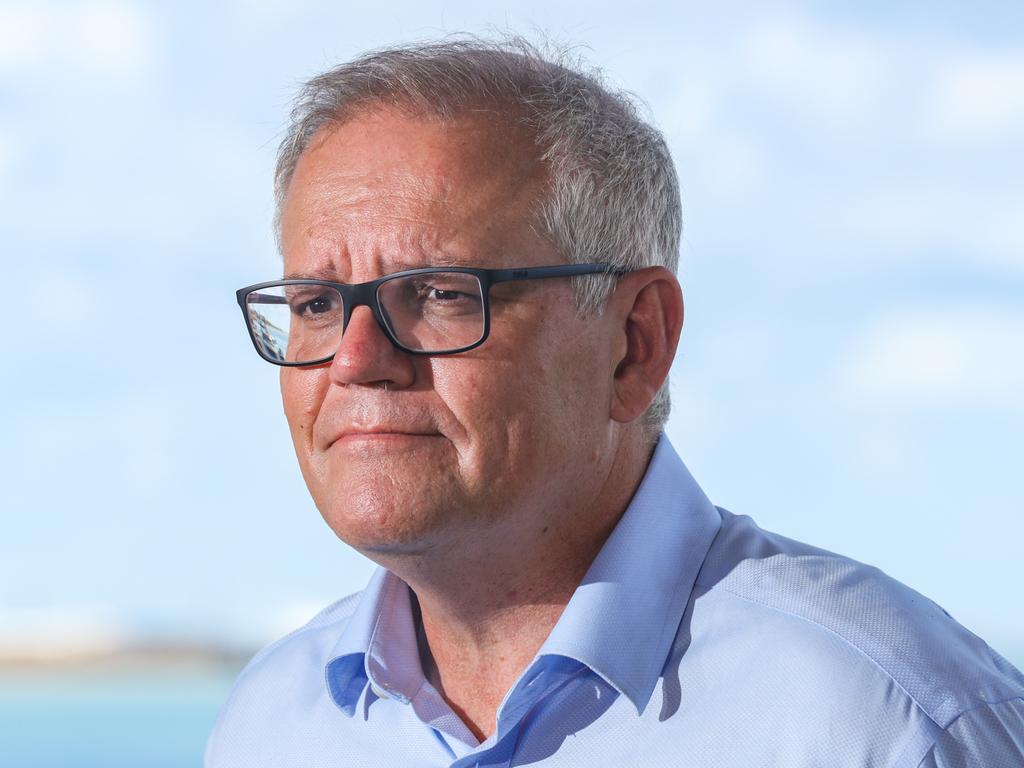
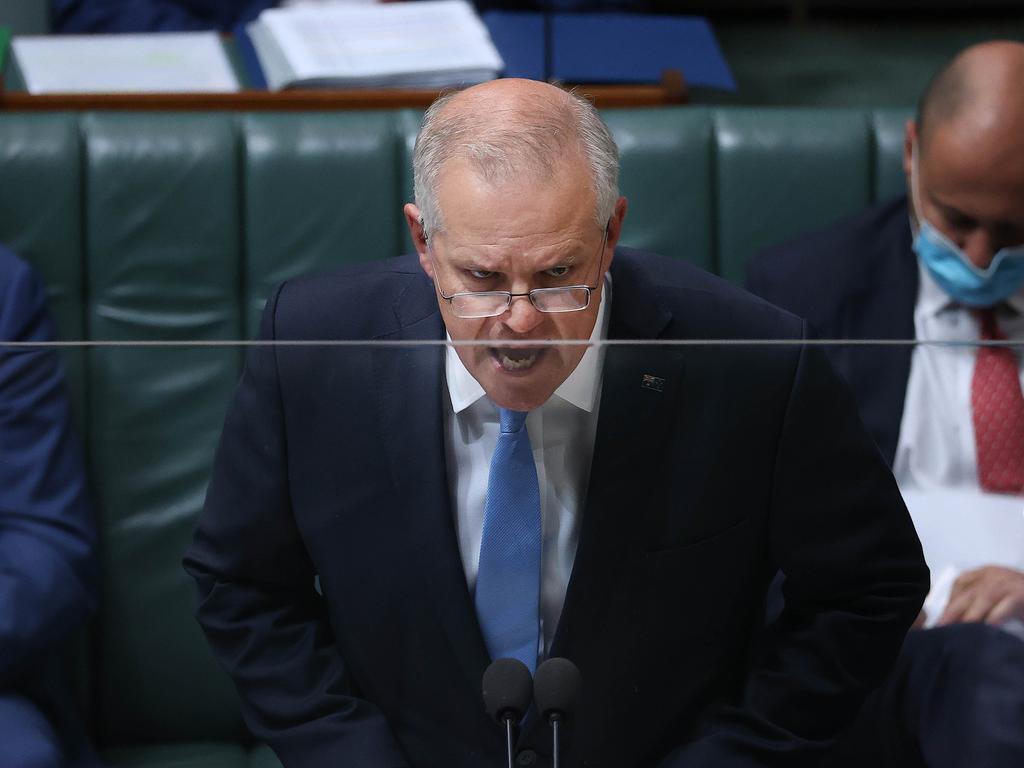
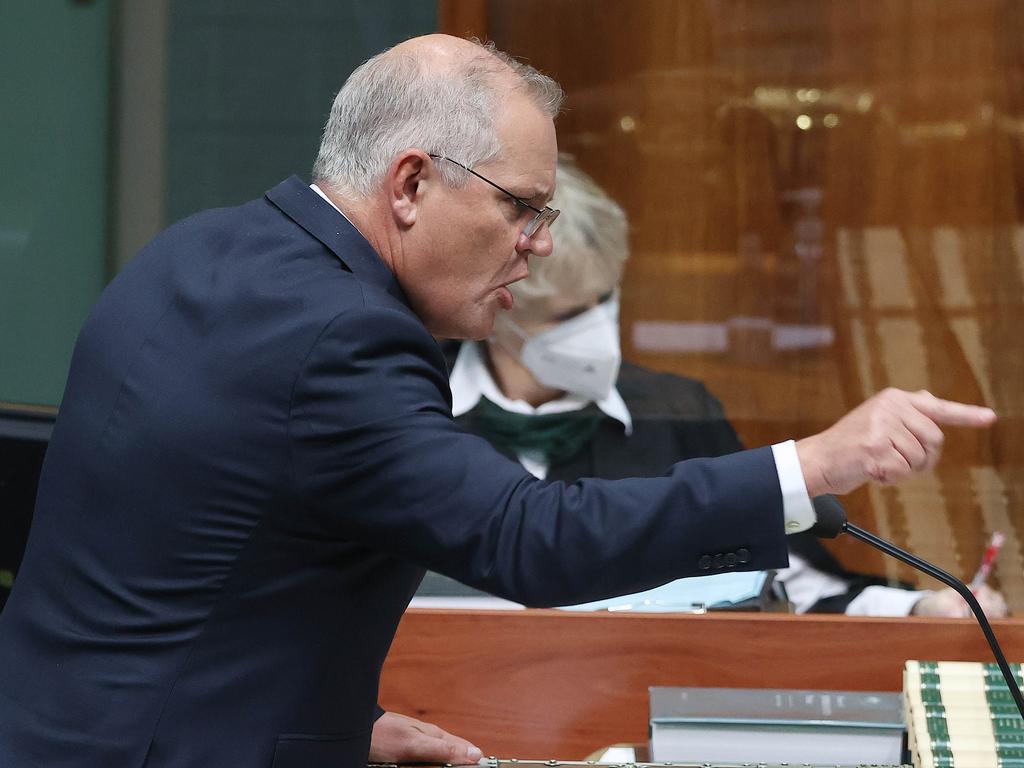
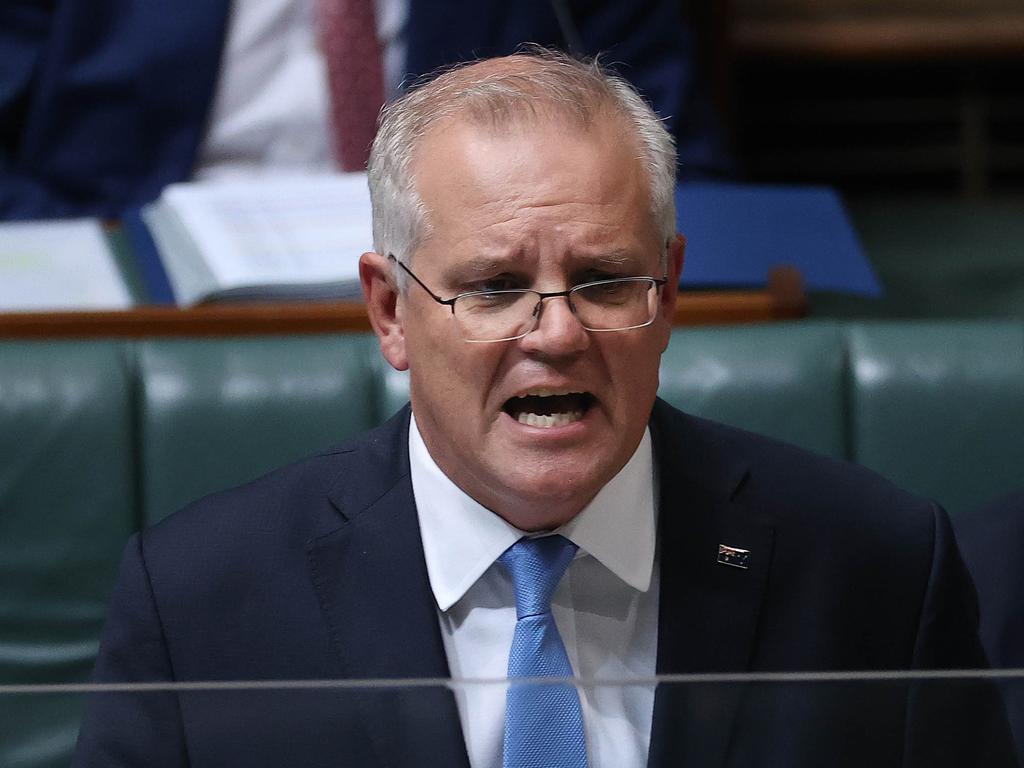


To join the conversation, please log in. Don't have an account? Register
Join the conversation, you are commenting as Logout